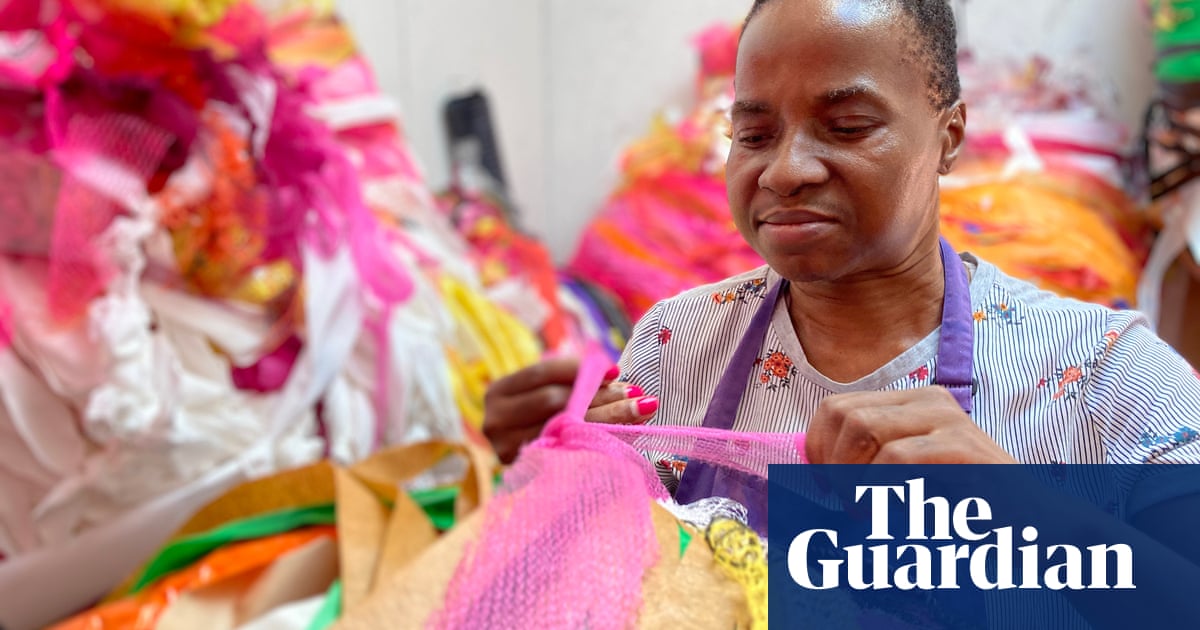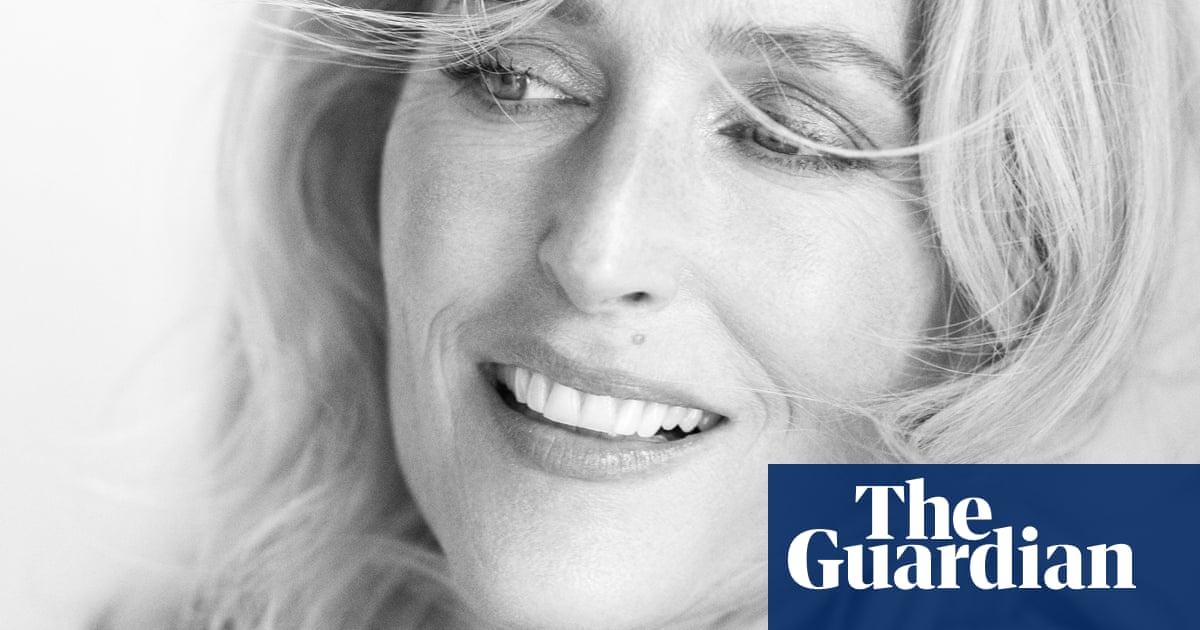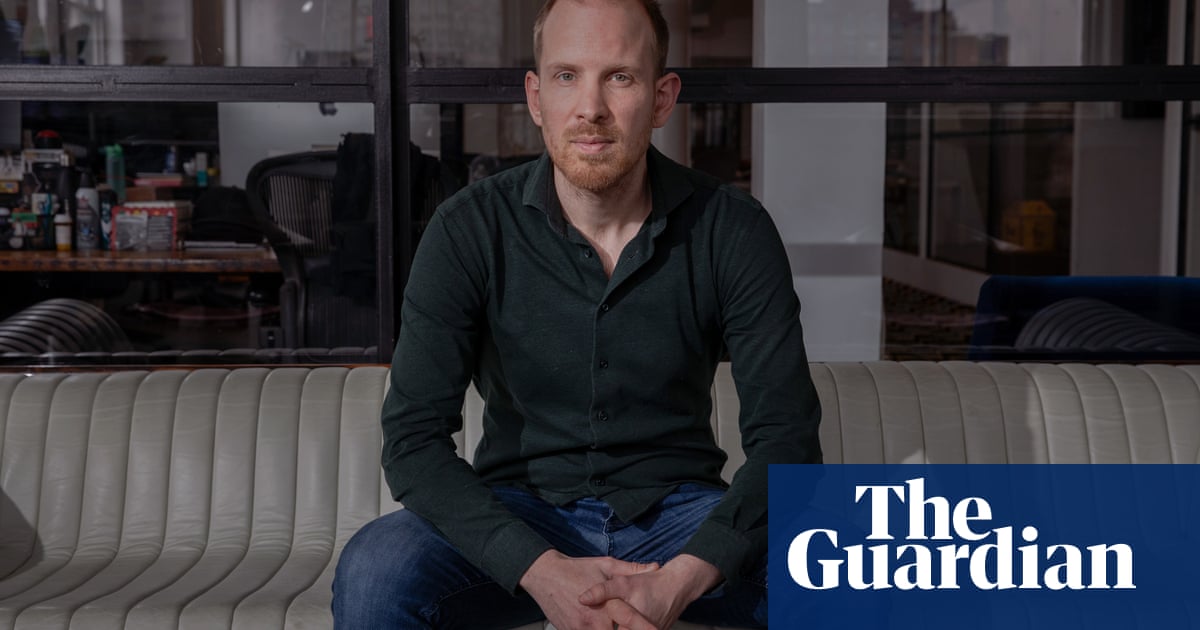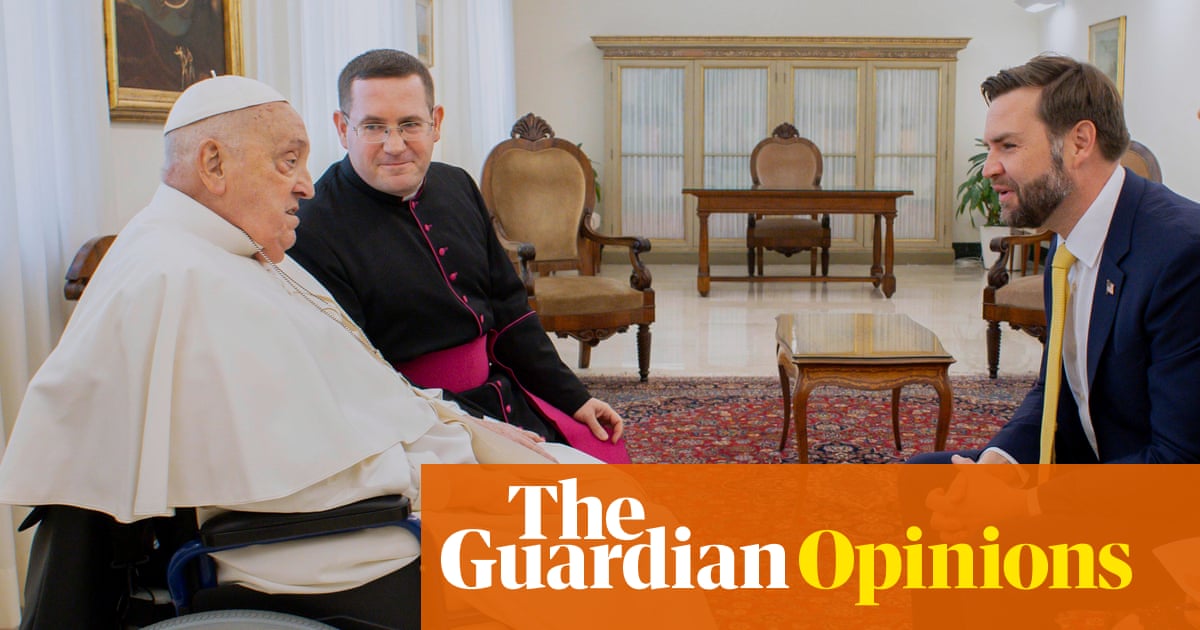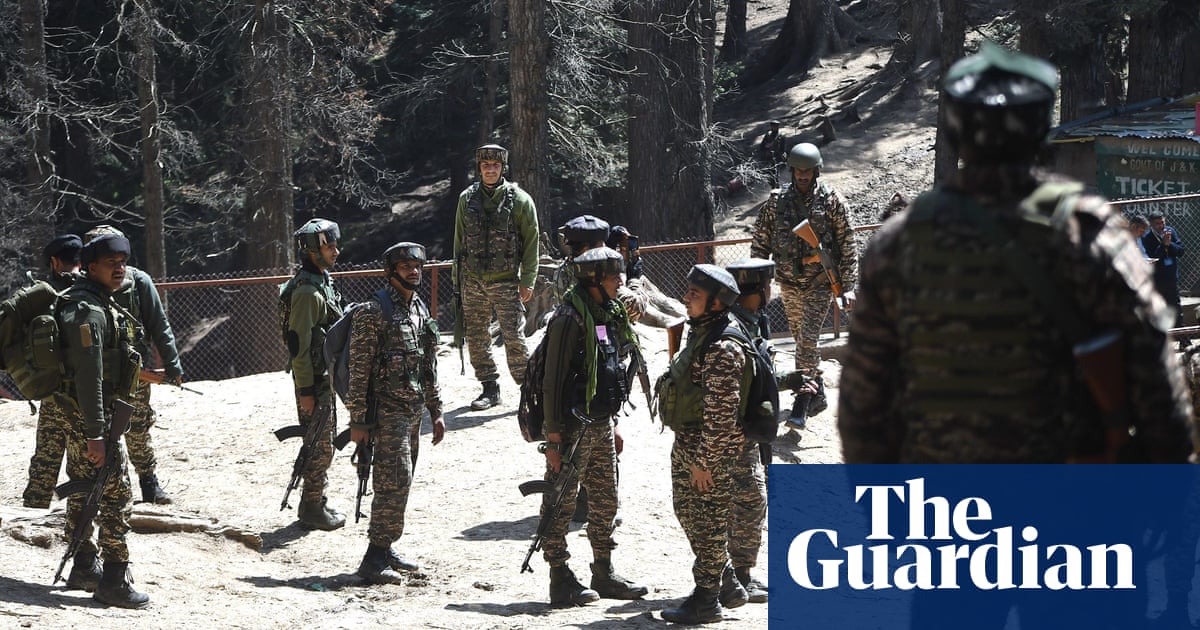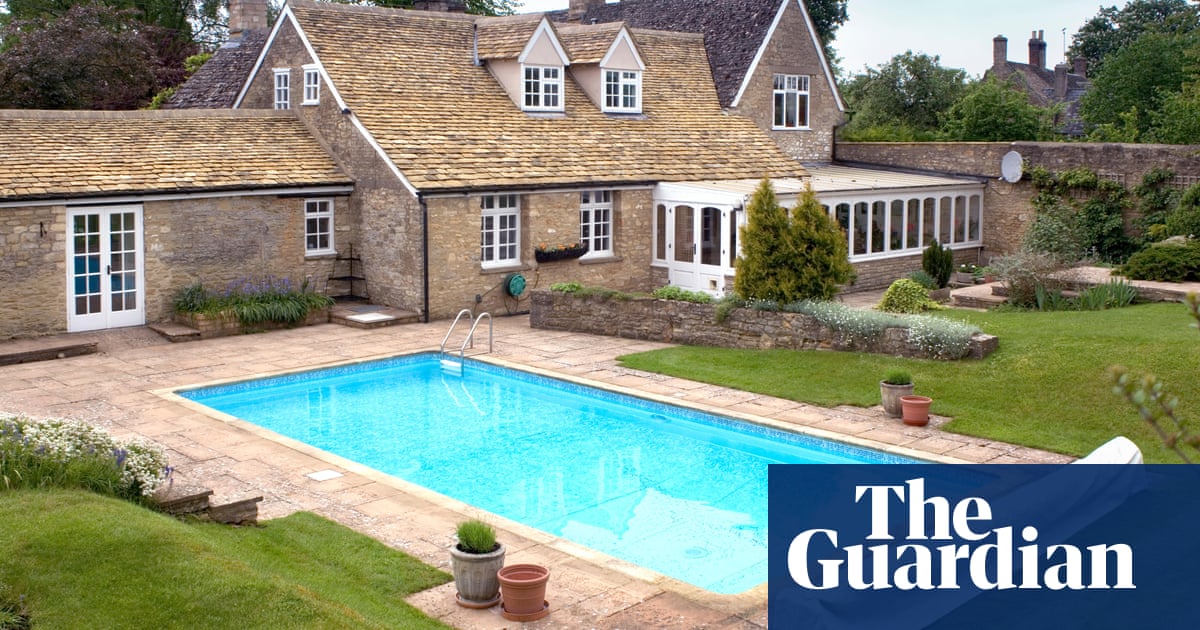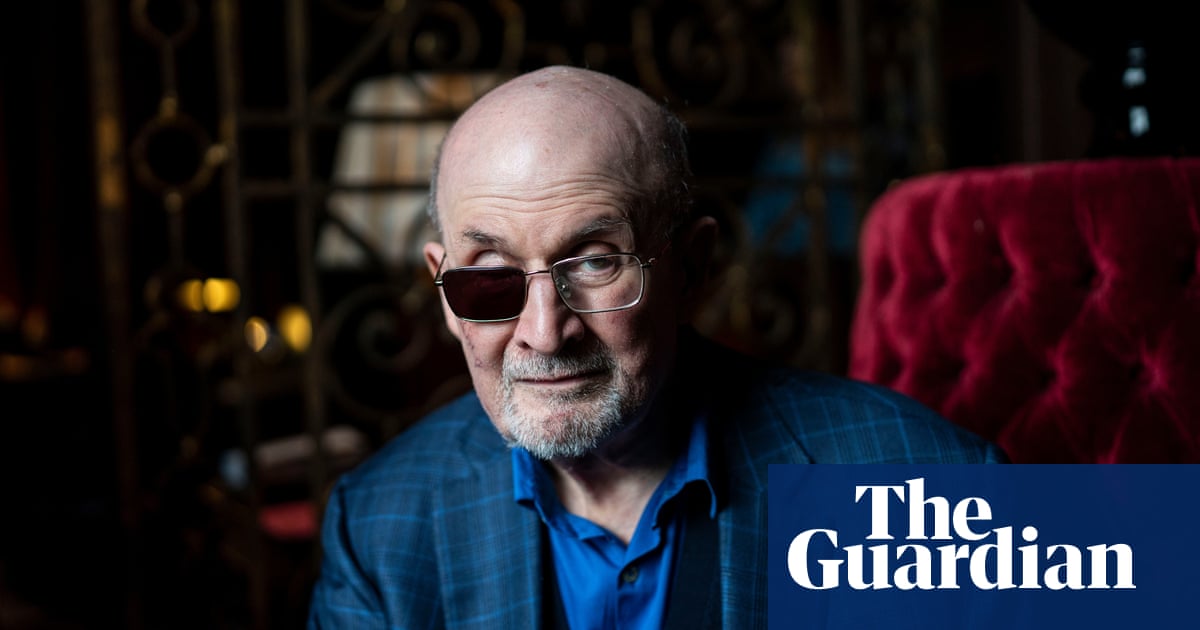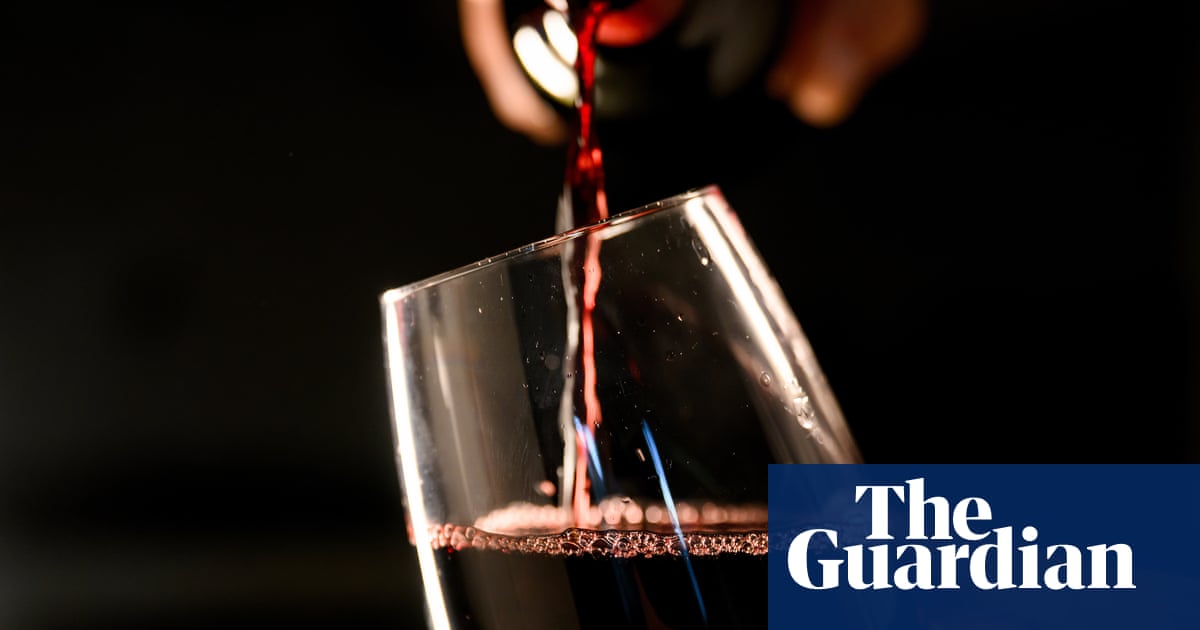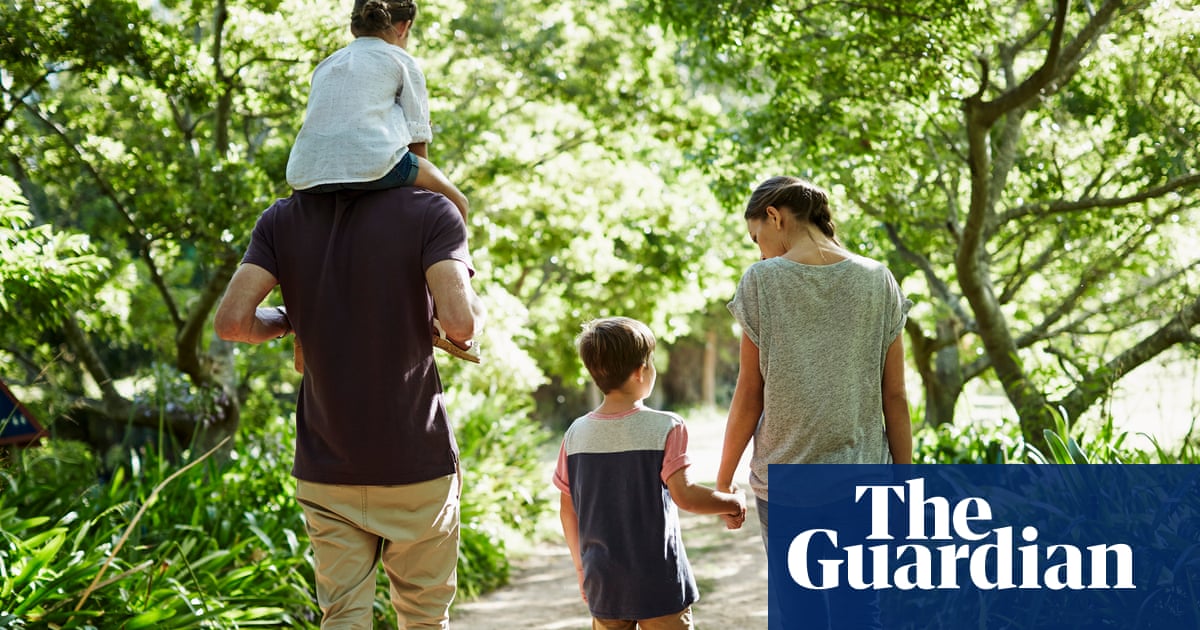Lunch around the huge sycamore and oak table in the farmhouse kitchen of the off-grid Brithdir Mawr community in the Preseli mountains of west Wales is a warm, gentle affair.
Members of the housing co-operative share soup made from leeks and potatoes grown in the gardens, served with crumbly goat’s cheese from its own herd, all washed down with mugs of mountain spring water.
The electric light flickers from time to time but that it is nothing to worry about – the limited power is produced through wind, water and solar and is not always constant.
There is lively talk about subjects ranging from politics, nature and the jobs that need doing later in the day but one topic dominates: the threat of eviction hanging over this 30-year-old Pembrokeshire community.
The 80-acre site has been sold to a woman called Rachel May, who wants to turn it into a healing retreat and has begun legal action to remove the current tenants.

“The uncertainty is very difficult and unpleasant.” said Will Cooke, who has lived here for four and a half years. “I came for two weeks originally and stayed. I felt very welcome immediately. I feel this is sacred land.” The idea of uprooting the community feels like a violent act to Cooke: “You don’t just move an oak tree. It won’t work.”
Members of the community claim there are elements of “colonialism” in what is happening. Cooke, who used to work for Extinction Rebellion UK, said: “She is coming here and using power she has because of the money she has.”
The members have been told that their tenancy rights ended on 31 December. On 17 January the new owner’s lawyer gave them seven days to move out – or proceedings for possession would be issued.
Some have left, including all the children, but six adults and three long-term volunteers remain and on 8 February will hold a “We’re still here” gathering, a rallying cry borrowed from the defiant Welsh folk song Yma o Hyd.
Nick Ward has lived at Brithdir Mawr for a decade and his two children grew up here. “It was an amazing place to bring them up,” he said. “They had freedom and thrived. What is happening makes us all very sad.”

The community has written to May arguing the legal process is not the way to go, that people need to learn to live on the land together. They emphasise that they do not blame her but believe their plight is the result of a broken system.
Brithdir Mawr (which could be translated as “large patchwork”, apparently a reference to the mix of soils and landscapes on the farm) was discreetly founded in 1994 and made headlines around the world in 1998 after it was spotted by a survey plane, leading to the residents being described in the press as a “lost tribe”. Their aim, they say, is to “encourage and allow to emerge a nourishing, mature and eco-centric human culture that fosters connection at every level: connection to each other, our human tribe, the land, the earth, those beings other-than-human, our own inner worlds, and the individual purposes and gifts that we bring to the world”.
But they are not elusive or inward-looking and have taken in volunteer workers over the years and put on courses, including in Celtic languages and self-sufficiency.
Many have had jobs in nearby towns and villages and they have also been at the centre of the Welsh one planet development policy, which makes it easier to build eco homes and communities.
The landlord, who was one of the original founders but moved away, decided to sell some years ago. Members of the co-operative raised £800,000 to try to buy the land but it was sold to May, a teacher, doula and shadow work coach for a sum the community believe was about £1m.
She told the Guardian she wanted to renovate the buildings, which include a fine old farmhouse, and create an “affordable healing retreat centre connected to Carningli (Angel mountain), which soars above the site.
May said she had explored possibilities of working with the current members. “I told them I was willing to negotiate but that required a clean slate with the existing tenancy rights having to end. They were not interested in the new vision and the negotiations came to nothing. I felt this left me little alternative but to pursue eviction.”
She rejects the accusations of colonialism, saying that she has a long-standing connection to west Wales and has sold her family home to invest. “I am not a corporate landlord. Some of the community members cannot or will not admit that I own the land. They refuse to face the facts.”

Emma Orbach, another Brithdir Mawr founder, who now lives on land next door, described the situation as “deeply distressing” but backed May and said they would work together. “It’s not just about land and getting things from it; it’s about our spiritual connection to the land,” she said.
For now, the Brithdir Mawr members are trying to get on with their usual routine.
Anne was full of smiles as she tended to the eight British Toggenburgs nanny goats and one visiting male – Billy Fury – but became tearful when asked how she felt. “I’m heartbroken, that’s the truth,” she said.
Rosie Gillam, who grew up nearby and first came aged eight to learn circus skills, paused in her wood chopping, to give her opinion. “This is such a special spot. There needs to be more places like this, not fewer.”

.png) 2 months ago
21
2 months ago
21
